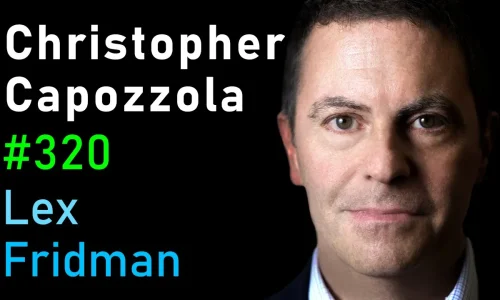See all Lex Fridman transcripts on Youtube

Christopher Capozzola: World War I, Ideology, Propaganda, and Politics | Lex Fridman Podcast #320
2 hours 15 minutes 35 seconds
🇬🇧 English

Omnivision Solutions Ltd
- Getting Started
- Create Transcript
- Pricing
- FAQs
- Recent Transcriptions
- Roadmap